Isn’t this time of year when we assess where we are with our reading? I’ve taken stock and here are the hard numbers. I enjoyed most if not all of the books I read this year, and I cannot wait to see what 2015 has in store for me.
2014 War Through the Generations Challenge With a Twist
- signed up for Expert: Read 2+ books for each war for a total of 12 books
- read 34 (including 2 per war)
2014 Historical Fiction Reading Challenge
- signed up for Renaissance Reader – 10 books
- read 38
2014 Portuguese Historical Fiction Challenge
- signed up for Afonsine – 1 to 3 books
- read 1
Dive Into Poetry 2014
- signed up for Dive in and read 7 or more books of poetry
- read 24
New Authors Challenge 2014
- signed up for 50 New-to-Me Authors
- read 84
2014 European Reading Challenge
- signed up for Five Star (Deluxe Entourage) — at least five books by different European authors or books set in different European countries.
- read 28 (Italy, Czechoslovakia, Poland, Austria, Scotland, England, Crete, Greece, Ireland, France, Germany, Portugal, Monaco, Hungary, Norway)
Ireland Reading Challenge 2014
- signed up for Shamrock level: 4 books
- read 4
How did you do on reading challenges this year?
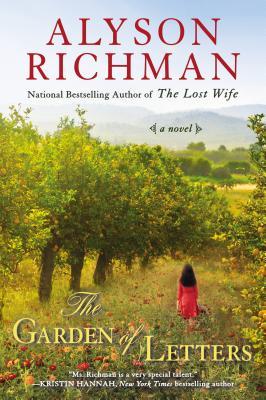
 About the Author:
About the Author: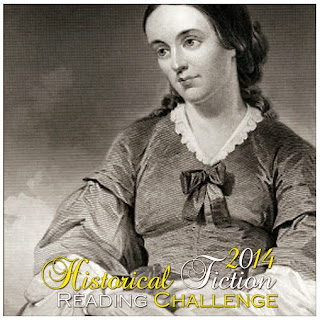



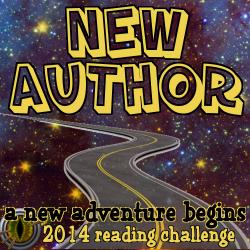

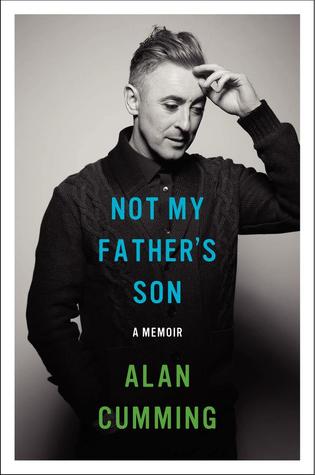
 About the Author:
About the Author:


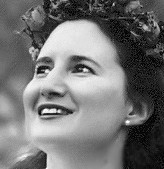 About the Author:
About the Author:


 About the Author:
About the Author:


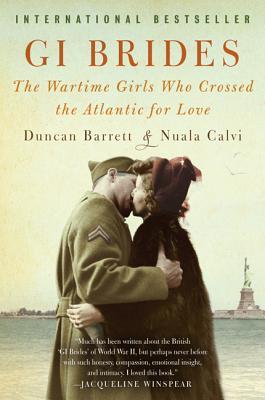
 About the Authors:
About the Authors: Nuala Calvi also studied English and has been a journalist for eight years with a strong interest in community history pieces. She took part in the Streatham Stories project to document the lives and memories of people in South London. They live in South London.
Nuala Calvi also studied English and has been a journalist for eight years with a strong interest in community history pieces. She took part in the Streatham Stories project to document the lives and memories of people in South London. They live in South London.
 About the Author:
About the Author:


